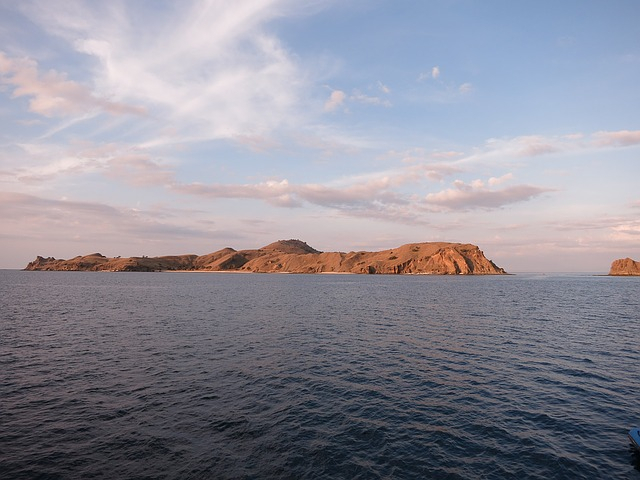
Indonesia's Komodo Island, the home of the ancient Komodo dragon, will indefinitely ban tourists from January 2020 for conservation efforts, after a smuggling case involving the endangered animal.
The island, in Manggarai Barat, has been a major tourist destination, with many making the trip to see the lizard, which has a poisonous bite, can grow up to three metres long and weigh 50 kg, the Guardian reported on Thursday.
Authorities said the island would be closed temporarily so they can plant native vegetation and help to restock the dragon's food supply, according to Indonesian daily Tempo, increasing the population.
It is not clear when it will reopen but earlier discussions have suggested it may last a year.
The closure announcement came after police in East Java arrested five people accused of smuggling Komodo dragons and other protected animals in March.
Police said the suspects had sold Komodos through Facebook and had already sold more than 41 of them. Tempo reported the lizards sold for $34,900 each.
It is estimated that there are about 5,000 Komodo dragons in the wild and the animal is listed as both endangered and protected. They are found in the wild primarily on the eastern Indonesian islands of Komodo, Padar and Rinca.
Komodo Island is part of the Komodo national park, which also includes two other large land masses, and many smaller islands.
The rest of the park will remain open and one of the larger islands also has Komodo dragons.
Much is still being learnt about the ancient lizard, which was only discovered by Europeans in the early 20th century.
It was not until 2009 that scientists discovered the lizard had a very weak but poisonous bite and killed its prey by infecting it and letting it bleed to death.








